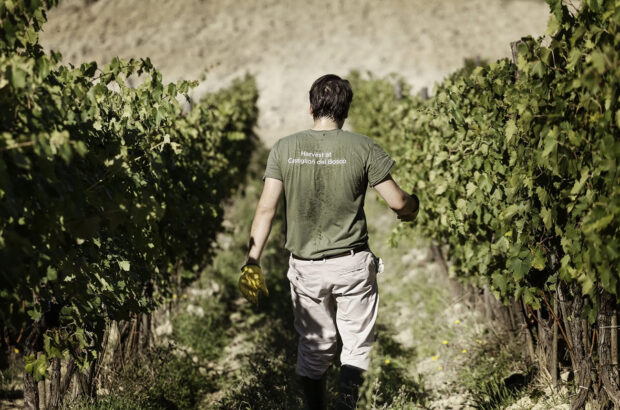Chianti Classico's economic model is unsustainable for many wineries because they cannot recoup the high production costs imposed by its strict rules, according to one of the region's leading winemakers.
Too big…Chianti Classico
Alberto Antonini, the former chief winemaker for Antinori, and whose family estate is Poggiotondo, told Decanter.com the Chianti Classico area – 7,200 hectares (18,000 acres) under vine – is too big to be financially viable for all producers.
Antonini, who began his career at Frescobaldi in 1986, was in London to publicise Blends, a collection of wineries from Chianti Classico, Argentina, California and Uruguay overseen by Carlos Pulenta, previously the man behind Trapiche, Peñaflor and Salentein.
Antonini welcomed recent changes in the Chianti Classico region, including the introduction of a top tier called ‘Gran Selezione’, which is due to come into force later this year.
‘I am not against this,’ he said, ‘but it only makes sense if you are a very successful producer.
‘Chianti Classico is in trouble at the moment because I think there are 15-20 producers who are really good, but the whole region is not like that.
‘Most of it is sold for peanuts, but the production costs are very high … now you can buy Chianti Classico in bulk for the same price as ordinary bulk Chianti.’
Chianti Classico vineyards have a minimum vine density of 4,400 plants per hectare and maximum yields of 7.5 tons/hectare, compared to 4,000 plants and 9t/ha respectively for ordinary Chianti.
Blends, the brainchild of Pulenta, Antonini and Argentinian businessman Alejandro Bulgheroni, is aiming to bring premium wines with a strong sense of place to international wine markets.
So far, the venture has planted vineyards in a new, cooler, coastal area of Uruguay, and has acquired the Argento brand and Dievole, one of the oldest wine estates in Tuscany, over the past year.
Pulenta said he was potentially interested in acquiring wineries in a number of areas in the future, particularly in Europe and especially in France.
Written by Richard Woodard






